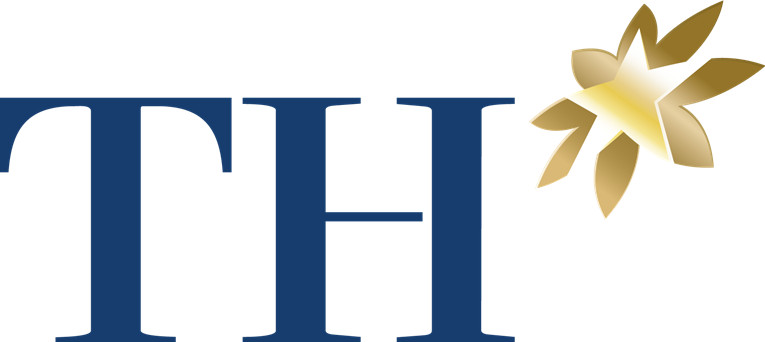CPTPP – A push to restructure the seafood industry production chain towards sustainability
Seafood exports in the first months of the year faced difficulties, but the good news is that some markets in the CPTPP bloc such as Japan, Canada, Australia... are still considered optimistic destinations for world seafood products. Vietnam's strength is deeply processed goods with high added value. However, the requirements for green and sustainable standards are the message for businesses to equip themselves to increase competitiveness and stand firm in the face of new market challenges.
Sharing at the seminar organized by Industry and Trade Newspaper on July 19, Ms. Le Hang, Communications Director of the Vietnam Association of Seafood Exporters and Producers (VASEP), said that seafood exports to CPTPP countries In the last 5 years, it has increased from 2.2 billion USD in 2018 to 2.9 billion USD in 2022, at the same time the proportion in this market also increased from 25% to 27%, this number is a very positive proof. negative for Vietnam's seafood industry.

Although in the first 6 months of 2023, Vietnam's seafood exports to CPTPP countries reached 1.1 billion USD, down 12% over the same period last year, the main reason is due to the general consumption demand of the market. The market decline affects the consumption of this product. Some markets in the CPTPP bloc such as Japan, Canada, Australia... are still considered optimistic destinations for Vietnam's strong seafood products.
It can be seen that seafood is one of the industries that takes good advantage of opportunities from free trade agreements (FTAs) in general, including the CPTPP agreement.
Statistics from authorities show that Vietnam's seafood export turnover to China taking advantage of the FTA between ASEAN and China (ACFTA) is up to 95% (in 2022), South Korea is 94%, EU is 83%, Mexico is a new market in CPTPP also reaching 77%.
Overall, seafood businesses are taking good advantage of tariff opportunities from FTAs, because they use raw materials mainly from domestic sources and meet rules of origin.
However, the problem for Vietnam's export industries is to meet Green and sustainable standards in major markets. Ms. Nguyen Thi Thu Trang said that this is also a global trend, especially emphasized in Vietnam's major export markets such as the EU, US, Japan...
Therefore, to make good use of competitive advantages, according to VCCI representatives, businesses need to recognize this right from very small things, for example, countries can request to reduce the use of chemicals in agriculture. or seafood. Therefore, this immediately affects the system of standards for maximum allowable antibiotic residues in agricultural and fishery products and those standards are becoming more and more strict, moving towards the elimination of some previous substances. used but may not be used again in the future...Green and sustainable standards are criteria that cannot be bargained for and cannot "buy time", and must be complied with when they come into effect, so the Businesses must pay attention, Ms. Trang further noted.
According to Ms. Trang, in the long run, Vietnam itself will also benefit from those standards, because limiting the use of chemicals in agriculture will be good for the environment. In addition, businesses that have plans and are ready for the roadmap to apply Green and sustainable standards, when deployed successfully, can be confident in all markets, including niche markets. At the same time, she also said that authorities also need support so that businesses can enjoy tax incentives. At the same time, it is necessary to guide businesses to obtain information and regulations on green and sustainable standards.
According to Ms. Nguyen Thi Phuong Dung, Head of the Department of Science and Technology for International Cooperation, Department of Fisheries (Ministry of Agriculture and Rural Development), from the perspective of the State Management agency, the CPTPP agreement is a "boost" to restructure the production chain of the entire seafood industry, from organizing sustainable seafood production associated with processing, trade, and market development, especially paying attention to environmental protection issues, promoting Promote specialized State management activities.
Ms. Nguyen Phuong Dung said that Vietnam has a system of legal documents and management of the fisheries industry that is relatively complete and synchronous. At the same time, all current orientations and policies to support the development of the fisheries industry take into account environmental protection commitments as committed in the CPTPP agreement - which is one of the guarantees for the fisheries industry. In the long term, development is sustainable. In particular, the first solution that ministries and branches are doing is to organize forums related to the application of science and technology to help businesses access science and technology as quickly as possible, reduce costs as well as reduce costs. as having the opportunity to compete in the market.
In the context of difficulties, FTAs in general and the CPTPP Agreement are increasingly affirming their role and position. Take advantage of FTAs, support businesses in signing new orders; Removing export difficulties and obstacles are activities being promoted by ministries, departments, branches, associations and businesses./.
Minh Toan


